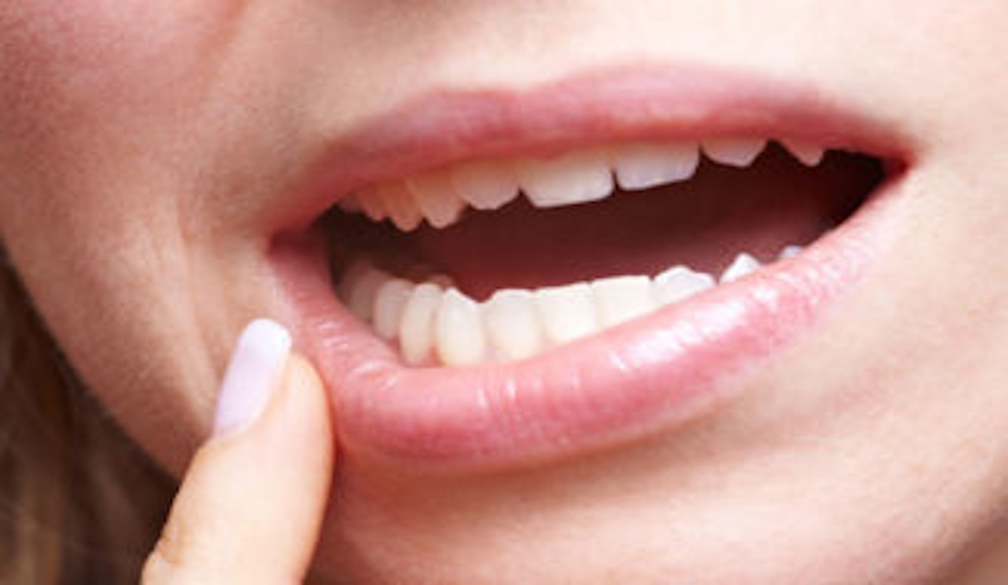How Emergency Dentists Address Toothaches, Injuries, and Other Urgent Issues
- Written by mothers.net.au

Dental emergencies can arise at any time, often leading to significant pain and discomfort. From sudden toothaches to injuries resulting from accidents, the role of emergency dentists is crucial in providing immediate relief and treatment. If you’re in Bundoora and experiencing a dental emergency, understanding how emergency dentists address common urgent issues can help you get the prompt care you need. Here’s a detailed look at how emergency dentists manage toothaches, injuries, and other urgent dental problems.
1. Managing Severe Toothaches
Toothaches can vary in severity, from mild discomfort to intense, debilitating pain. Emergency dentist in Bundoora are skilled at diagnosing and treating the underlying causes of severe toothaches.
Diagnosis and Treatment:
When you visit an emergency dentist, the first step is a thorough examination to determine the cause of the pain. Common causes include cavities, infections, or abscesses. Depending on the diagnosis, the dentist may perform procedures such as a root canal to address infections or apply a filling to repair cavities.
Pain Relief:
Immediate pain relief is a priority in emergency dental care. Dentists may use local anaesthetics to numb the affected area and alleviate pain. Over-the-counter painkillers or prescribed medications can also help manage discomfort while addressing the root cause.
2. Addressing Dental Injuries
Dental injuries can result from accidents, sports activities, or falls, and can range from minor chips to severe trauma.
Broken or Chipped Teeth:
For broken or chipped teeth, emergency dentists in Bundoora will assess the extent of the damage. Treatment may involve bonding to repair small chips, or crowns and veneers for more significant damage. In some cases, if the tooth is fractured, root canal therapy might be necessary.
Knocked-Out Teeth:
If a tooth is knocked out, time is of the essence. Emergency dentists will attempt to reimplant the tooth if you get to the clinic quickly. It’s important to handle the tooth by the crown (not the root), rinse it gently if dirty, and keep it moist, ideally in milk or saline, until you reach the dentist.
Soft Tissue Injuries:
Injuries to the gums, lips, or cheeks can cause bleeding and discomfort. Emergency dentists will clean the area, apply sutures if necessary, and provide guidance on managing pain and promoting healing.
3. Treating Abscesses and Infections
Dental abscesses and infections can lead to severe pain and swelling if not treated promptly.
Abscess Drainage:
An abscess, which is a collection of pus caused by bacterial infection, requires immediate attention. Emergency dentists in Bundoora will drain the abscess to relieve pressure and pain, and may prescribe antibiotics to clear the infection.
Root Canal Therapy:
If the infection is within the tooth’s pulp, a root canal may be required to remove the infected tissue, disinfect the canal, and seal it to prevent future infections. This procedure can provide significant relief and prevent the need for tooth extraction.
4. Handling Lost or Broken Dental Appliances
Lost or broken dental appliances, such as dentures, bridges, or braces, can also be a source of discomfort and inconvenience.
Dentures and Bridges:
If your dentures or bridge breaks, an emergency dentist can assess the damage and provide a temporary solution until a permanent repair or replacement can be made. It’s important to avoid using broken appliances to prevent further injury or damage.
Orthodontic Issues:
For patients with braces, emergency situations may involve broken brackets or wires causing discomfort. Emergency dentists can adjust or repair the appliances to alleviate pain and ensure that orthodontic treatment remains on track.
5. Providing Immediate Care and Follow-Up
Emergency dentists focus on providing immediate relief and stabilising the situation. After addressing the urgent issue, they often schedule follow-up appointments to ensure proper healing and to complete any additional treatments that may be required.
Follow-Up Care:
This may involve monitoring the healing process, making further repairs, or providing guidance on long-term care and prevention strategies. Emergency dentists will also offer advice on managing any discomfort during the recovery period and when to seek further assistance if needed.
Conclusion
Emergency dentists play a vital role in managing toothaches, injuries, and other urgent dental issues, providing essential care when you need it most. In Bundoora, these professionals are equipped to handle a wide range of dental emergencies, offering prompt relief and effective treatment to address both immediate concerns and long-term health. By understanding how emergency dentists address these issues, you can be better prepared to seek timely care and ensure the best possible outcome for your dental health. If you encounter a dental emergency, don’t hesitate to contact a local emergency dentist for the help you need.






